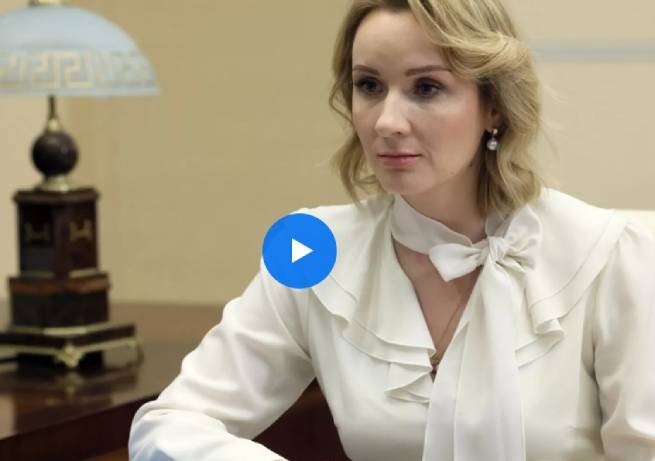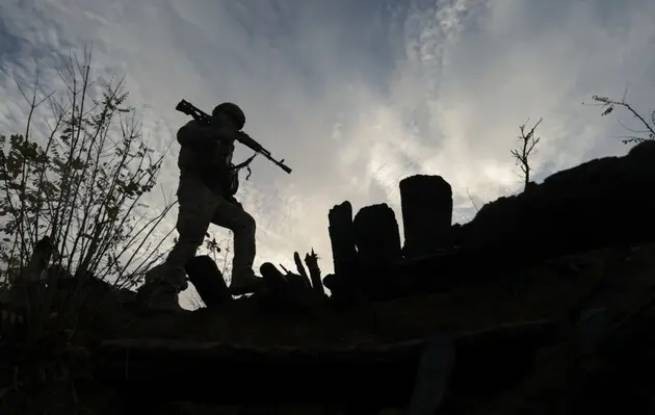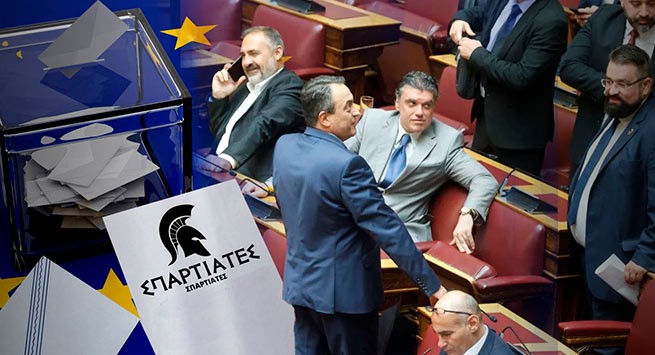A new pro-Ukrainian coalition of 40 partner countries was formed at a meeting on April 26 in Ramstein, Germany, at a US military base.
The participating countries agreed to coordinate military assistance to Kyiv to repel Russian aggression, writes Deutsche Welle. US Secretary of Defense Lloyd Austin called the meeting of heads and representatives of defense departments of more than forty countries “historic”.
The participants discussed how to coordinate their actions to provide military assistance to Ukraine not only for immediate defense needs, but also in the future. The meeting, as Austin stated, laid the foundation for the work of the contact group. It included representatives of the countries participating in the Ramstein meeting: not only NATO members, but adjoining states – for example, Israel and Japan. The head of the Pentagon added that at the monthly meetings, the contact group will coordinate the efforts of the partner countries.
At the end of the summit, Lloyd Austin called it constructive and noted additional steps to support Ukraine from the UK and Canada. However, the main attention was riveted to another country participating in the meeting. The United States was the formal organizer of the meeting, but the choice of the German Ramstein for it was probably not accidental – this was supposed to increase the already significant international pressure on the German government to convince it to begin deliveries of heavy weapons to Ukraine. And as a result it happened – the leadership in Berlin changed its position.
Christina Lambrecht, German Defense Minister, on April 26 issued a written statement: the German government will supply Ukraine with 50 Gepard self-propelled anti-aircraft guns. Lambrecht also confirmed the financing of “circular deliveries: the countries of Eastern Europe will send Soviet-style military equipment to Ukraine from their stocks, and Germany undertakes to make up for the emerging shortage of such weapons at its own expense.
Also, the Bundeswehr will train the military from Ukraine in handling Western models of equipment. The training, according to Lambrecht, will take place on the territory of Germany and will include not only Cheetahs, but also other types, for example, PzH2000 self-propelled howitzers, which the Netherlands intends to supply to Ukraine:
“After all, we all know that artillery is a significant factor in this military conflict.”
The head of the German Defense Ministry admitted that in connection with the issue of the supply of heavy weapons, “criticism was expressed against Germany in the past weeks,” but, in her opinion, the volume of assistance provided speaks for itself.
Commenting on the sending of Cheetahs, Lambrecht added that this is “exactly what Ukraine needs now.” However, this seems to be in doubt – both among Ukraine itself and among a number of German military experts who draw attention to the difficulties in managing these weapons and the insufficient supply of ammunition.
Earlier, German media noted that Germany could also agree to the supply of 88 Leopard 1 tanks. Manufacturer Krauss-Maffei Wegmann writes about his first version: “Still relevant.” Indeed, despite its advanced age, this tank is still in service in nine countries.
The Ukrainian authorities also showed interest in other old models of military equipment – for example, infantry fighting vehicles “Marder” (Marder). The manufacturer of these vehicles, the German defense concern Rheinmetall, has already submitted a request for permission to provide Ukraine with 100 infantry fighting vehicles of this type, and German government spokesman Steffen Hebestreit said this week that a decision would be made immediately. However, the fate of deliveries of Leopard tanks and Marder infantry fighting vehicles is still unclear.
Only last Friday, German Chancellor Olaf Scholz refused to unequivocally answer the question about the supply of heavy weapons to Ukraine, arguing that there were risks of starting a new world war. Zerap Güler, an MP from the CDU party, wrote on Twitter:
“A few hours have passed between the scenario of the third world war and today’s announcement of the supply of Cheetahs to Ukraine. The decision is correct, but it would be better to draw fewer doomsday scenarios. All this does not inspire confidence.”
Güler’s party colleague, deputy head of the Bundestag Defense Committee, Henning Otte, was even more harsh in his criticism of the government:
“Deliveries of Cheetahs are another smoke screen. The idea is transparent: to pretend that we are delivering heavy weapons, but to ensure that they cannot be used in time. To do this, they chose the system with the longest training time and the most difficult logistics.”






More Stories
First negotiations between Ukraine and the Russian Federation on displaced children (video)
The Senate voted to allocate funding to Ukraine
ISW: Russia tightens pressure on Kharkov, prompting population to flee